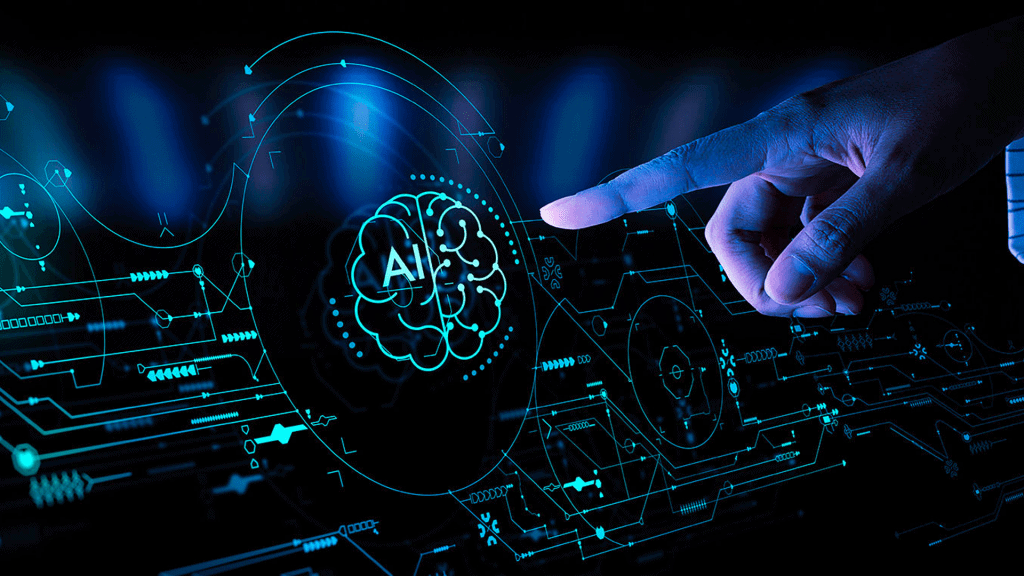While artificial intelligence (AI) has enabled great progress in many areas, it also poses risks, especially in the area of cybersecurity. The following are some of the most pressing concerns regarding AI and cyber security:
Conflicts with Opponents
It is possible to trick or influence AI systems by providing them with misleading or intentionally misleading inputs. Subtle modifications to data introduced during an adversarial attack can throw off AI classification and decision-making systems.
Hacking Automation
Cyberattacks can be made more sophisticated, targeted, and difficult to detect by using AI to automate hacking procedures. Examples of this include the ability of AI-enabled bots to scan systems for vulnerabilities and launch assaults at a scale and speed much above those of human hackers.
Deepfakes
Artificial intelligence has allowed for the production of believable deepfake content, such as spliced films and voice impersonations. The political, financial, and media spheres aren’t the only ones vulnerable to this technology’s potential for harm.
The Need for Secrecy
Large amounts of data are typically required for AI systems to perform adequately. There are significant privacy risks associated with data collecting, storage, and analysis. This information can be misused or leaked, leading to identity theft or other privacy violations if it is not effectively protected.
The Bias in AI
Machine learning algorithms are only as good as the information they are taught with. Artificial intelligence systems can be unfair or discriminatory in cybersecurity decision-making if they are trained with biassed data.
Artificial Intelligence-Powered Viruses
Artificial intelligence allows cybercriminals to create advanced malware that can bypass common defences. Malware that incorporates AI may learn from its surroundings, evade detection, and adapt to new threats.
Poisoning through Machine Learning
Injecting tainted data into a model’s training phase allows attackers to exert control over the AI. Once deployed, this can endanger the reliability and performance of the AI system.
Unable to Explain
Deep neural networks are only one example of a type of complex artificial intelligence model that can be challenging to understand. It might be difficult to discover vulnerabilities and address potential issues in cybersecurity when the reasoning behind certain decisions is unclear.
AI as a Weapon
AI technologies could be used offensively by nation-states or bad actors, for things like cyberwarfare, attacking vital infrastructure, or launching massive cyberattacks.
Artificial intelligence security system disruption
In order to gain unauthorised access to systems or data, attackers may directly target AI-based security systems by attempting to disrupt or compromise their functionality.
To counteract these risks, it is essential to advance trustworthy AI systems that put privacy and safety first. Integrating AI safely and responsibly into cybersecurity and other fields requires ethical AI practises, data protection measures, explainable AI, and ongoing research into aggressive AI. To keep ahead of developing dangers and develop efficient remedies, specialists in AI and cybersecurity must work together.
